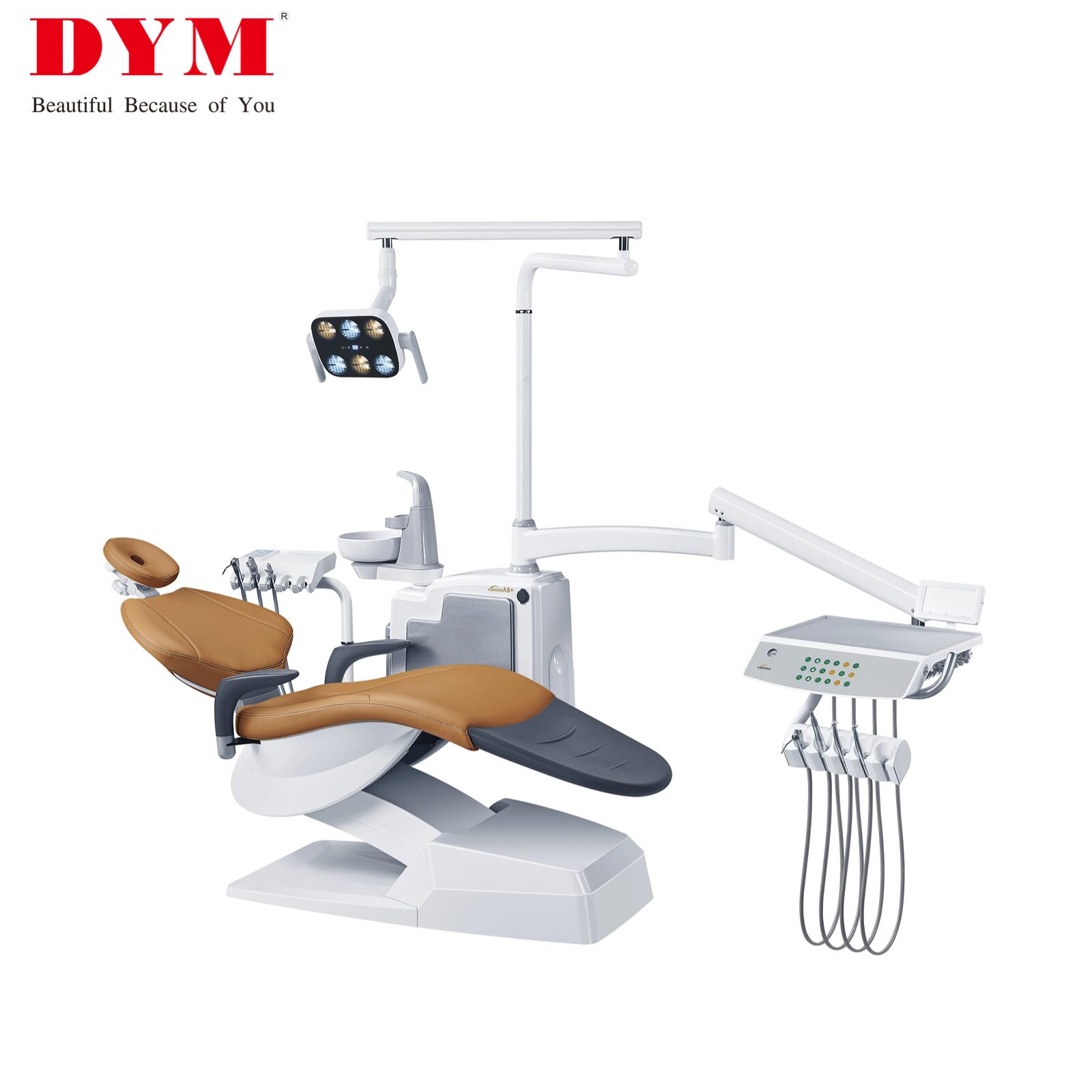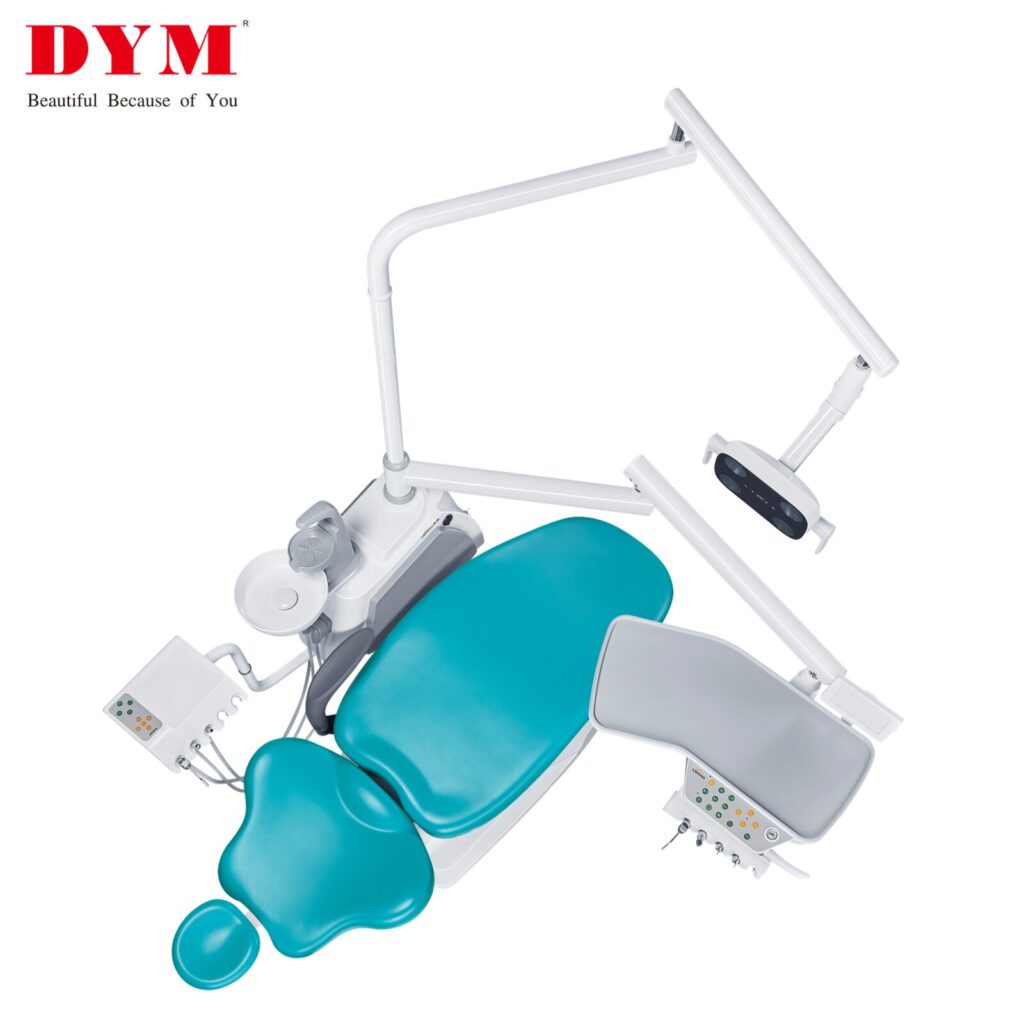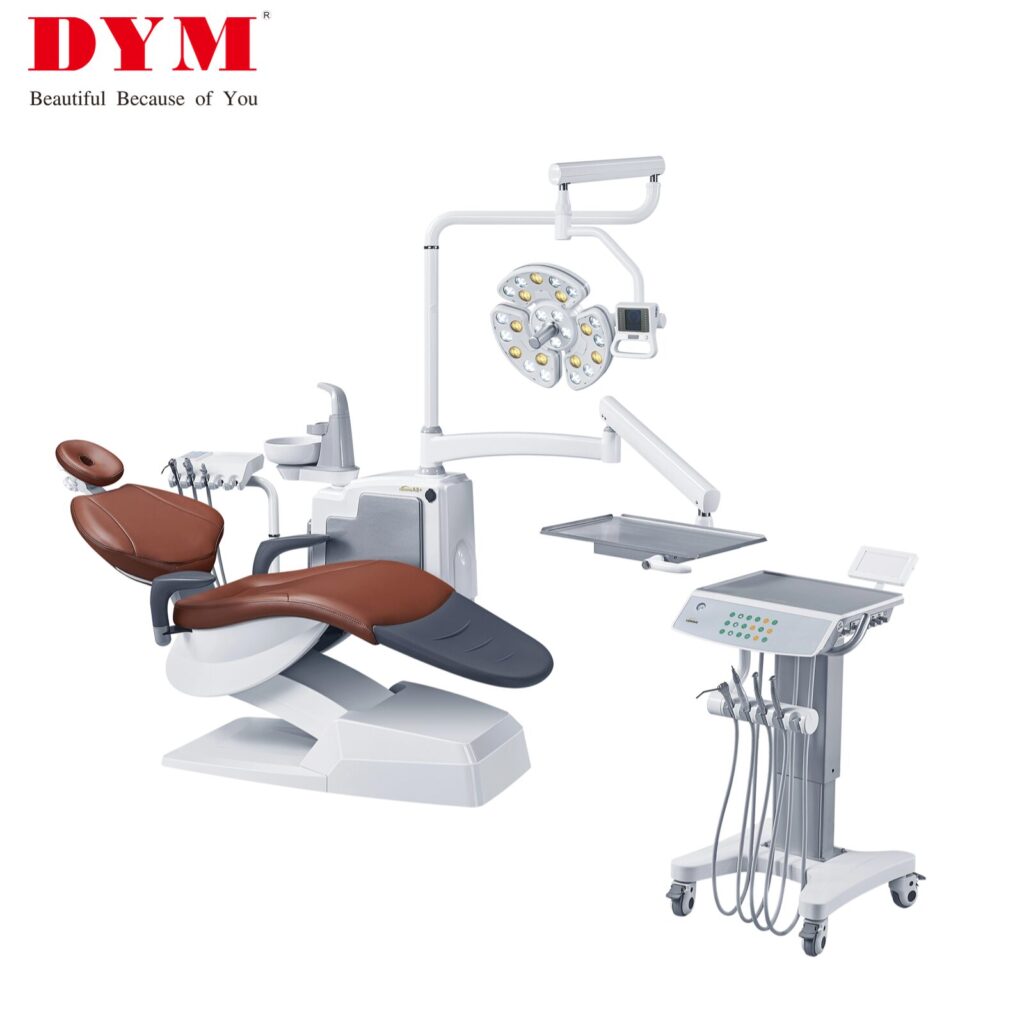Ask For A Quick Quote
We will contact you within 1 working day, please pay attention to the email with the suffix “@fsdym.com”.
We will contact you within 1 working day, please pay attention to the email with the suffix “@fsdym.com”.

I. Population and eating habits in Cyprus
1. Population of Cyprus:
The total population of Cyprus is about 1.18 million, of which the population of the Turkish Republic of Northern Cyprus is about 320,000 (not widely recognized internationally). The median age of the national population is 41.2 years old, and the foreign population accounts for about 30%, mainly from EU countries, Russia and the Middle East. The population distribution is concentrated in cities such as the capital Nicosia (327,000) and Limassol (235,000).
2. Eating habits in Cyprus:
The core of the Mediterranean diet: mainly olive oil, fish (such as sardines, sea bream), fresh vegetables, nuts (almonds, walnuts), whole grains and red wine, and lemon and spices (such as rosemary) are often used in cooking. This dietary structure is certified by the World Health Organization as the “healthiest dietary pattern” and significantly reduces the risk of cardiovascular disease and diabetes.
Health Challenges: Despite a healthy diet, the dental caries rate among children is still 28%, mainly due to increased consumption of sweets (such as chocolate, carbonated drinks) and insufficient awareness of oral hygiene. The government will provide free dental examinations and treatments for fifth-grade primary school students from 2023 to improve basic oral health.
Cultural influences in Cyprus: Coffee or herbal teas (such as mint tea) are often consumed in social occasions, and nighttime eating during Ramadan may aggravate dry mouth problems.

II. Cyprus’ Economy and GDP
In 2025, GDP is expected to reach US$36.13 billion, a year-on-year increase of 3.3%, and GDP per capita is about US$34,790. The economy is dominated by the service industry (accounting for 78%), with a significant contribution from tourism (accounting for 13% of GDP), and more than 4 million tourists will be received in 2024. Non-oil industries (such as finance and shipping) are developing rapidly, and the government is promoting digital transformation and green energy investment.
2. Medical expenditures:
In 2024, medical expenditures accounted for 7.2% of GDP, of which dental services accounted for about 8%. The National Health Insurance (GESY) covers one free dental cleaning per year, and other dental services are at your own expense, but private clinics can reimburse part of the cost through health insurance.
III. Current situation of the dental industry in Cyprus

1. Number of dental clinics:
There are about 873 registered dentists in the country, with a ratio of 0.727 dentists per 10,000 people, which is higher than the EU average. Dental clinics are unevenly distributed, mainly concentrated in large cities such as Nicosia and Limassol. Data from 2025 show that there are about 400-500 dental clinics on the island, of which private clinics account for more than 80%, providing high-end services such as dental implants and orthodontics.
2. The largest dental hospital:
Near East University Dental Hospital (Northern Cyprus): The first and only dental school in Northern Cyprus, with advanced digital equipment (such as 3D printing denture system), an annual number of more than 20,000 patients, is an important dental training and scientific research center in the Middle East.
Dental Department of General Hospital of Cyprus (South Cyprus): Such as the Dental Department of Nicosia General Hospital, which provides basic diagnosis and treatment and emergency services, but high-end equipment relies on imports.

3. Import of dental equipment:
Import scale: In 2024, the import value of dental equipment is about 12 million euros, of which China is one of the main source countries (accounting for about 25%). Imported equipment includes digital scanners, implant systems and disinfection equipment.
Main types of equipment on the dental market in Cyprus:
Dental comprehensive treatment machine, diamond needle, oral endoscope, oil-free air compressor, negative pressure suction machine, sewage treatment equipment, mobile phone cleaning and oiling machine, sealing printer, doctor’s chair and other dental equipment required for dental clinics.
Digital equipment: such as 3Shape TRIOS intraoral scanner and CBCT imaging system, accounting for 35% of imports, used for precise diagnosis and implant restoration.
Implant system: High-end brands such as Straumann of Switzerland and Nobel Biocare of Sweden dominate the market, accounting for 28% of imports, and the cost of dental implants is about 1,000-1,200 euros per tooth.
Orthodontic consumables: The demand for invisible braces (such as Invisalign) is growing, accounting for 18% of imports, and the cost of orthodontics is about 1,500-3,000 euros.
Tariff policy: The import tax rate for medical equipment is 5%-15%, but EU membership simplifies the import process, and the arrival period of high-end equipment is about 2-4 weeks.
4. Development prospects of the dental industry:
Medical tourism: With the advantages of EU identity and high English penetration rate, Cyprus plans to attract 500,000 dental tourists by 2030, focusing on promoting dental implants and cosmetic dentistry (such as porcelain veneers). Private clinics such as Smalto Dental Implant Clinic have launched “medical + tourism” packages, which are 30% lower than other European countries.
Technology upgrade: The government promotes the popularization of digital dentistry and plans to equip public clinics with AI-assisted diagnosis systems in 2025 to reduce misdiagnosis rates and improve efficiency.
Policy support: Universal health insurance (GESY) will expand its coverage, increase the frequency of children’s dental examinations from once a year to twice a year in 2025, and introduce remote dental consultation services.
5. Challenges facing the dental market in Cyprus:
Talent shortage: Local dentists only account for 60% of practitioners, and the northern region relies on Turkish experts, and the problem of talent loss is prominent.
Cost pressure: High-end services such as dental implants are expensive, and ordinary residents prefer to choose Greece or Turkey for treatment. The government plans to reduce the cost of basic services through subsidies, but the financial pressure is large.
Market competition: There are many private clinics, and differentiated services (such as geriatric dentistry and child behavior management) are needed to attract customers.
The dental industry in Cyprus is characterized by “high-end and internationalization”. Digital equipment and medical tourism drive growth, but talent shortage and cost issues restrict popularization. If the government can strengthen local talent training, optimize medical insurance coverage, and introduce advanced technologies through international cooperation, the dental industry is expected to become one of the medical hubs in the Mediterranean region by 2030. At present, the process of joining the Schengen area (expected to be completed in 2025) will further enhance its international appeal and create new opportunities for the export of dental services.
DYM’s high-end dental equipment helps dental clinics in Cyprus reduce costs and increase efficiency, and improve profitability.
DYM is a domestic company with 18 years of experience in producing dental equipment. Our cost advantage: Compared with European and American brands, DYM’s equipment is 20%-60% cheaper, and its performance is comparable to international first-line brands, helping dental clinics optimize their procurement budgets.
EU standard certification: DYM’s equipment complies with international certifications such as CE, ISO 13485, and ISO9001, ensuring safety and worry-free EU market access.
Quick response and after-sales: We have a stock-based production model for conventional products, and a delivery model for special orders booked in advance. Generally, dental equipment has a short delivery cycle (2-4 weeks), and can provide 24-hour remote video technical support to effectively provide efficient services. Let local dentists and dental equipment agents work more efficiently.